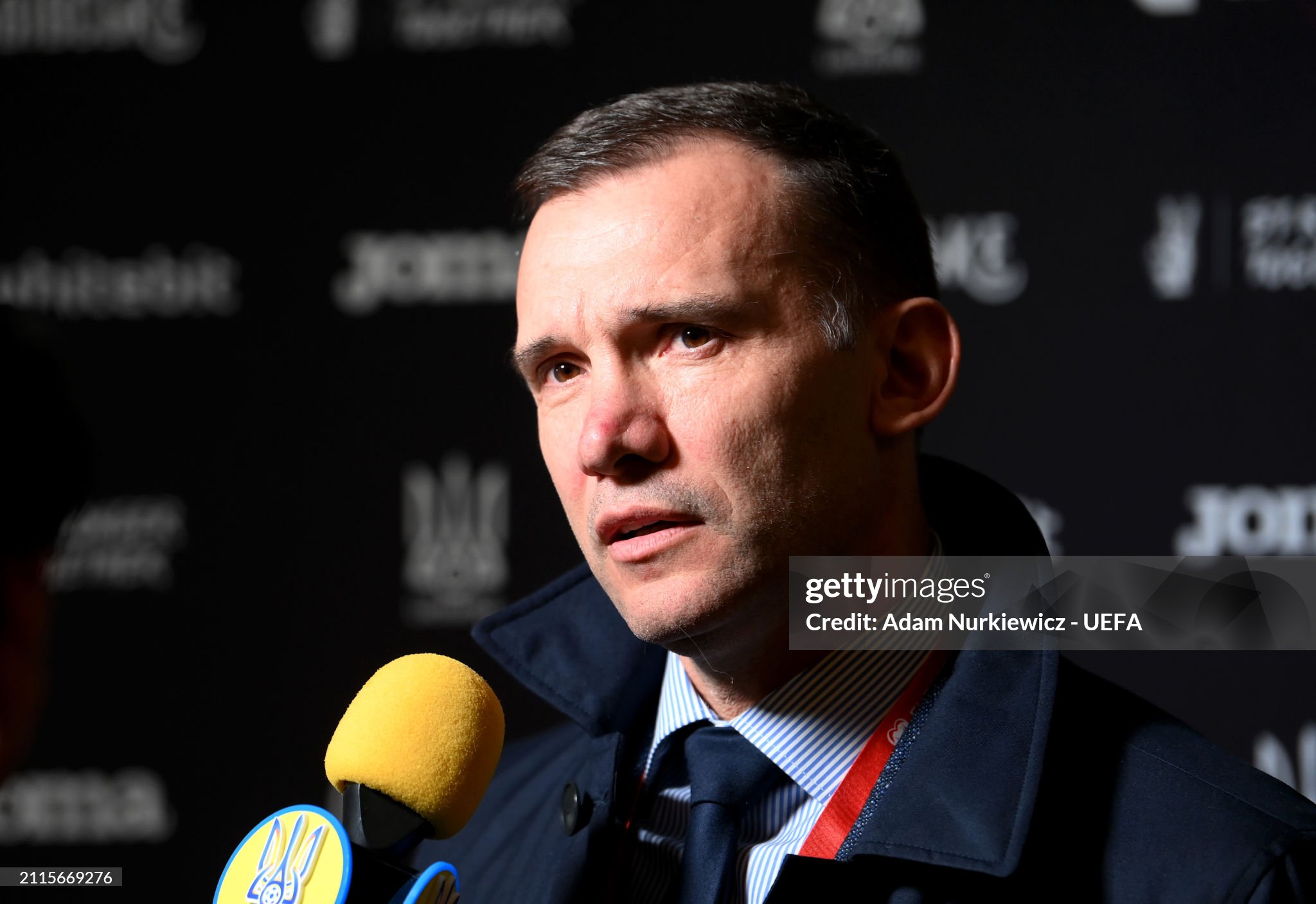Andriy Shevchenko, president of the Ukrainian Football Federation, subjects referees to lie detector tests.

Andriy Shevchenko's initiative to implement lie detector tests for referees is part of a broader effort by the Ukrainian Football Federation (UAF) to ensure the integrity and transparency of football matches in Ukraine.
This decision underscores the challenges faced by the sport in the region, where allegations of corruption and match-fixing have marred the reputation of local competitions.
In explaining the rationale behind the use of polygraphs, Shevchenko emphasized the need for a clean slate. "We have to rebuild trust within the sport, and using modern technology such as polygraphs can help us identify those who are not in line with our ethical standards," he told 'The Athletic.' The idea is that the lie detector will serve as a deterrent and a tool for rooting out officials who might otherwise compromise the fairness of the game.
However, this move has sparked a debate about privacy and the reliability of lie detectors. Critics argue that polygraph tests are not foolproof and can sometimes yield false positives or be influenced by the nerves of the individuals being tested. They also raise ethical concerns about the potential for misuse and the pressure it places on referees.
Volodymyr Sharan's criticism reflects a broader discomfort within the football community. "Refereeing is already a high-pressure job, and adding this layer of scrutiny with a polygraph test can make it even more stressful. We must consider if the benefits outweigh these risks," Sharan added.
Despite these concerns, the UAF is moving forward with the policy. The federation plans to conduct regular lie detector tests, not only as part of the referee selection process but also as a routine check to maintain the integrity of the sport. They believe this bold step will be a significant deterrent against corruption, sending a strong message that unethical behavior will not be tolerated in Ukrainian football.
This initiative by the UAF could set a precedent for other football federations facing similar challenges, although it will likely continue to be a topic of intense debate and scrutiny among sports ethicists, legal experts, and the broader football community.







